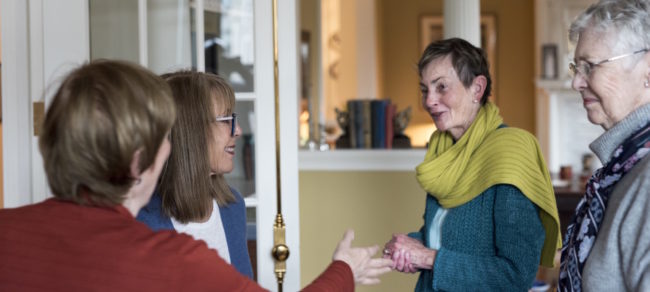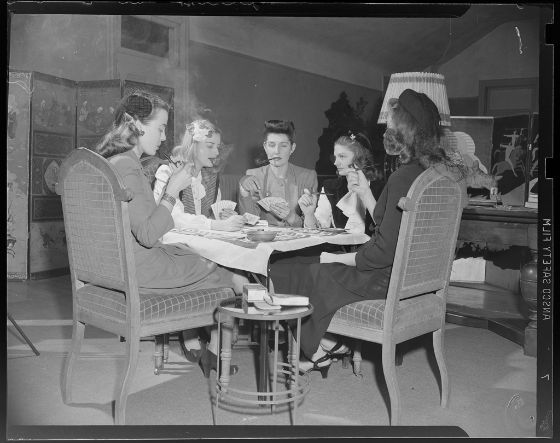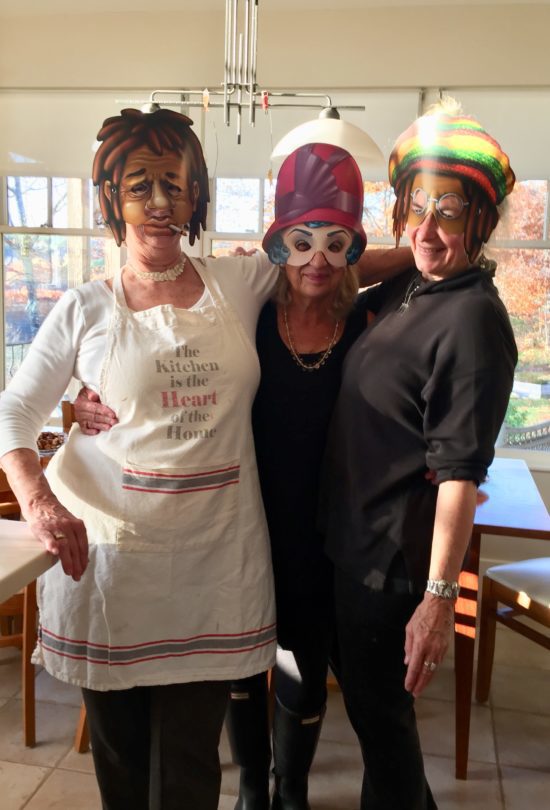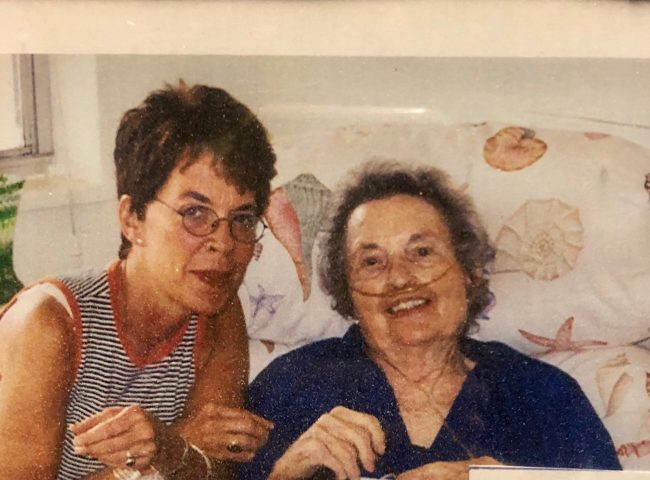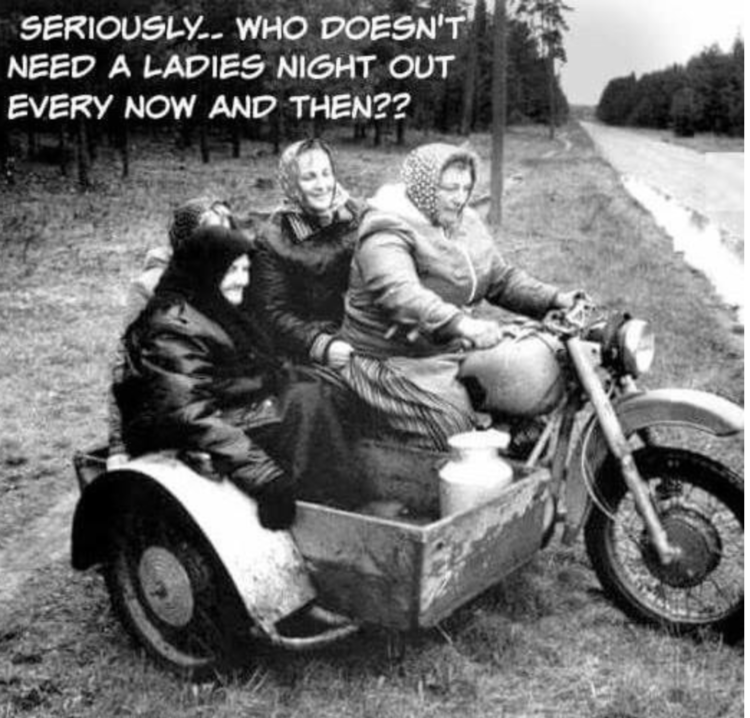A friend once said, “If grown women had pajama parties, they wouldn’t need therapists.”
She was referring to the close connections among girls that often get lost when women mature, becoming preoccupied with family and careers. Feminist psychology contends that because women are affiliative by nature they frequently find their voice and come into their own in the company of other women. It’s among trusted female friends where women find validation as they speak freely, cry, laugh and become their authentic selves.
The power of women’s friendships has been affirmed during our COVID isolation. Over and over, not just single women, but women in relationships, have credited their girlfriends for pulling them out of their virus-induced depressions.
Women’s friendships have sustained women for generations.
As a young girl I observed my mother’s transformation on those days when she hosted her bridge club. I’d arrive home from school to a carefree mother tending to a living room of talkative, laughing women smoking up a storm and sipping martinis. It was the 1950’s when my mother and her friends were slaves to the role of the homemaker, following recipes and housekeeping advice from popular magazines like The Ladies Home Journal. For a few precious hours on bridge club days the prescribed roles went out the window.
With her bridge club my mother had permission to unburden herself of her domestic pressures, to gossip good naturedly, and to receive affirmation for my father’s preoccupation with work, or for her demanding mother-in-law. When the bridge club meeting was over, my mother retreated into her customary suffering in silence mode.
As I grew up, I discovered for myself the joys experienced in the company of girlfriends. I’m still in touch with several friends from college. Although we write or see one another infrequently, I take great comfort in knowing that old friends have similar issues with adult children, bodies that are wearing down and anxieties about how to live when we lose our autonomy. We frame our complaints good humorously, revisiting the laughter we shared as coeds.
I’ve suffered from close friendships that unraveled, casting me into a depression that was every bit as devastating as when a love relationship ended. I haven’t just been on the receiving end of being rejected by a beloved friend, but I’ve also had to make the uncomfortable choice to end a friendship when it became toxic. A wracking guilt accompanied these decisions even when the facts bore out the rightness of my choice.
I don’t know how I have would survived without supportive women friends when I divorced; when I struggled as a single parent of adolescent sons; when I got fired from my job at the Syracuse Newspapers; and when my mother was dying.
Dear friends were also beside me when good things happened that called for a celebration: when my Syracuse radio program, “Women’s Voices” won a national award, when I moved to Key West, and later when my first grandchild was born.
Now that I’m in my eighth decade and living alone, close women friends are my salvation. They’ve gotten me back on my feet when a love relationship ended, when I had a health problem, or when I struggled with an adult child.
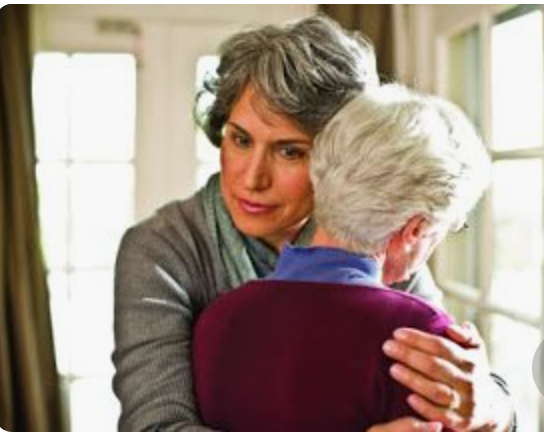
A hug from a friend can make the world feel right again–Sadly, COVID only allows for spiritual hugs.
